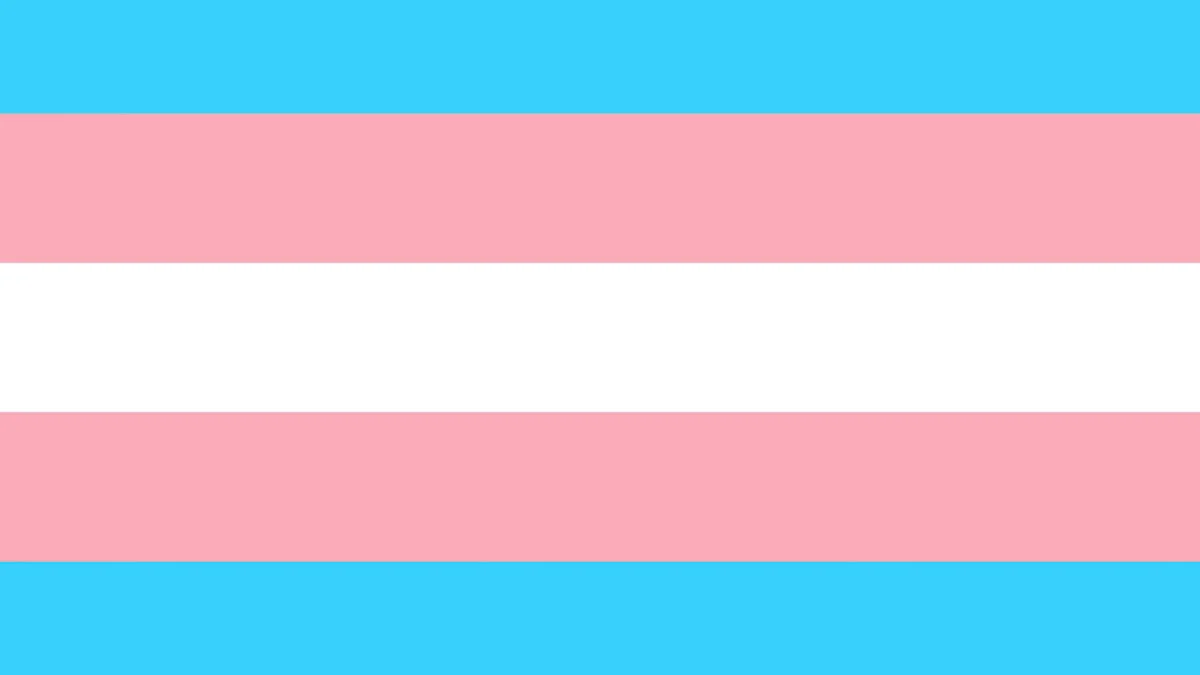
Federal Judge Blocks UNC From Enforcing Discriminatory Provision of Anti-LGBTQ HB 2 Law
While legal challenge to HB 2 proceeds, judge prohibits UNC from enforcing the discriminatory provision targeting transgender people in facilities operated by the University.
Last Friday, the Human Rights Campaign (HRC), America’s largest lesbian, gay, bisexual, transgender, and queer (LGBTQ) civil rights organisation, and Equality NC, the statewide organisation working to secure equal rights and justice for LGBTQ North Carolinians, hailed the decision by a federal judge to suspend enforcement of one of the discriminatory provisions of North Carolina’s HB 2 law until plaintiffs have an opportunity to fully make their case in court. U.S. District Judge Thomas Schroeder blocked the University of North Carolina (UNC) from enforcing the provision which prevents transgender people from using restrooms and other facilities consistent with their gender identity on UNC property.
“Even though UNC had already stated its intention not to enforce HB2, Judge Schroeder’s decision to block the deeply discriminatory provision guarantees that the student plaintiffs will not face negative consequences when exercising their right to use restrooms consistent with their gender identity,” said HRC Legal Director Sarah Warbelow. “Instead of wasting tens of thousands of taxpayer dollars trying to defend the indefensible, Governor McCrory and state lawmakers should be working towards fully repealing HB2. They should be spending time working on improving education and growing jobs, not defending HB2 and inflicting further harm on the people, reputation, and economy of North Carolina.”
“Today’s decision is an important step towards rectifying the harm HB2 has done to North Carolina — specifically the LGBTQ people that call North Carolina home,” said Equality NC Director of Advancement Matt Hirschy. “Judge Schroeder’s decision confirms that HB2 is a blatant attack on the transgender community. The preliminary injunction will provide much-needed relief to the brave plaintiffs, and we are confident that this is just the beginning in an unfortunately long journey towards a full repeal of the worst anti-LGBTQ law in the nation.”
While the University had declared that they did not intend to enforce the provisions of HB 2 that would put UNC in violation of its own non-discrimination policies as well as federal civil rights law, they then faced flagrant violation of state law, which could have adverse consequences on precisely the students the University was trying to protect.
In the reasoning for issuing the injunction, Judge Schroeder wrote, “Unless and until UNC openly defies the law, the signs that UNC posts on its bathrooms, showers, and other similar facilities render transgender individuals who use facilities that match their gender identities trespassers, thus exposing them to potential punishment (certainly by other authorities, if not by UNC). In addition, if the trespasser is a student, he or she is subject to discipline under one of UNC’s student codes of conduct, which generally prohibit students from violating federal, State, or local laws.”
This preliminary injunction is an early step in a complex case that brings equal protection claims and due process claims, in addition to the allegations that HB 2 violates Title IX of the Education Amendments of 1972.
In the more than five months since Governor McCrory and state lawmakers rammed HB 2 into law, the economic fallout has continued to grow as companies concerned with protecting their consumers and employees have moved conventions, trainings, operations, productions, and other events out of state. With a recent decision by the NBA to move the 2017 All-Star Game out of the state due to the hostile environment created by HB 2, the Tar Heel State lost out on an estimated 100 million dollars in All-Star Game related profits, on top of the at least $329.9 million already lost in business and taxpayer funds used to defend the discriminatory measure. The economic consequences of HB2 continue to mount, and more than 200 major CEOs and business leaders have signed an open letter calling for full repeal of HB 2, including many of North Carolina’s largest employers.
Despite the widespread opposition to HB 2, the North Carolina General Assembly adjourned its short session in July after refusing to repeal the law, and it is not scheduled to reconvene until January — leaving tens of thousands of people at risk of discrimination and harm over the months to come. Making only one tweak to the law, the General Assembly has been unwilling to even consider repealing the substance of HB 2, including its provision targeting transgender people, and its removal of municipalities’ ability to pass LGBTQ-inclusive non-discrimination laws and minimum wage ordinances.
To date, there are five separate legal cases surrounding HB 2. In May, the U.S. Department of Justice (DOJ) filed its own suit in federal court, stating that HB 2’s state-mandated discrimination against transgender people, including government workers and students, violates Title VII of the Civil Rights Act of 1965, Title IX of the Education Amendments of 1972, and the Violence Against Women Act of 2011. Joined by 68 major companies, HRC filed an amicus brief in support of DOJ’s effort to block some of the most egregious and discriminatory components of HB 2.







